Medicine Overview of Rosuva 10mg Tablet
Rosuva 10 belongs to a group of medicines called statins. It is used to lower cholesterol and to reduce the risk of heart disease. Cholesterol is a fatty substance that builds up in your blood vessels and causes narrowing, which may lead to a heart attack or stroke. Rosuva 10 is a widely prescribed medicine and is regarded as safe for long-term use. It can be taken with a meal or on an empty stomach. You can take it at any time of the day but try to take it at the same time each day. Most people with high cholesterol do not feel ill, but stopping your medicine may increase your cholesterol levels, making your condition worse and increasing your risk of heart disease and stroke. It is important to have your cholesterol levels checked regularly. This medicine is only one part of the treatment program which should also include a healthy diet, regular exercise, smoking cessation, moderation of alcohol intake and weight reduction. You can eat normally while taking this medicine, but try to avoid foods that are high in fat. Common side effects of this medicine include muscle pain, weakness, nausea, headache, and stomach pain. These are usually mild and disappear after a short time. Consult your doctor if they persist or if you notice any yellowing of your eyes or get repeated or unexplained muscle pains. This medicine should not be used in conditions such as liver disease. Also, pregnant women and breastfeeding mothers should not take this medicine as it may harm the developing baby. Diabetic patients should monitor their blood sugar levels while taking this medicine, as it may lead to an increase in blood sugar levels.
- High cholesterol
- Prevention of heart attack and stroke
- Muscle pain
- Weakness
- Headache
- Abdominal pain
-
Rosuva 10 treats high cholesterol by lowering “bad” cholesterol (LDL) and triglycerides (fats). It should be taken in addition to regular exercise and low-fat diet.
-
In general, Rosuva 10 is safe. It may cause diarrhea, gas or an upset stomach. If any of these happen to you, take it with food.
-
Inform your doctor if you experience fatigue, muscle weakness or muscle pain.
-
Your doctor may check your liver function before starting the treatment and regularly thereafter. Inform your doctor if you notice signs of liver problems such as stomach pains, unusually dark urine or yellowing of skin or eyes.
-
Inform your doctor if you have kidney disease, liver disease or diabetes before starting treatment with this medicine. If you are diabetic, monitor your blood sugar level regularly as Rosuva 10 may cause an increase in your blood sugar level.
-
Do not take Rosuva 10 if you are pregnant, planning a pregnancy or breastfeeding.
Oral Hypercholesterolemia, Hypertriglyceridemia, hyperlipidemia, mixed dyslipidemiaProphylaxis of cardiovascular events in high-risk patients Adult: Initially, 5 or 10 mg once daily, may increase dose at 4-wkly intervals to 20 mg daily if necessary. Max: 40 mg once daily. Active liver disease: Use is contraindicated
Oral Child Heterozygous familial hypercholesterolaemia: >10 yr Initially, 5 mg once daily, may be adjusted at intervals of at least 4 wk. Max: 20 mg once daily.
Renal impairment Severe (CrCl <30 mL/min/1.73m²) and not on hemodialysis: Decrease starting dose to 5 mg PO qDay; not to exceed 10 mg PO qDay CrCl>30mL/min/1.73m²: Dose adjustment not necessary
Patients w/ predisposing factors for myopathy (e.g. untreated hypothyroidism, renal impairment), history of chronic liver disease and alcoholism. Monitoring Parameters Monitor creatine kinase (CK) periodically and LFT. Discontinue treatment if there is significant or persistent increase in CK levels, serum aminotransferase levels or evidence of myopathy. Lactation Contraindicated
10% Myalgia (3-13%) 1-10% Arthralgia (10%),Diabetes mellitus, new onset (3%),Pharyngitis (9%),Headache (6%),Asthenia (up to 5%),Dizziness (4%),CPK increased (3%),Nausea (3%),Abdominal pain (2%),ALT increased (2%),Constipation (2%),Flulike illness (2%),UTI (2%) <1% Jaundice,Myopathy,Rhabdomyolysis Potentially Fatal: Rhabdomyolysis with acute renal failure.
May increase serum levels of warfarin and oral contraceptives. May increase serum levels w/ itraconazole, HIV protease inhibitors. May decrease serum levels w/ erythromycin and antacids. May increase risk of myopathy w/ fenofibrate, niacin. Potentially Fatal: Increased risk of rhabdomyolysis w/ gemfibrozil and ciclosporin.


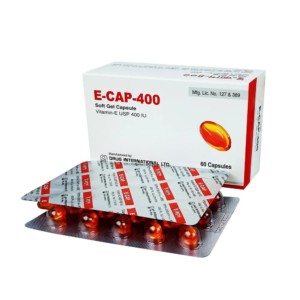
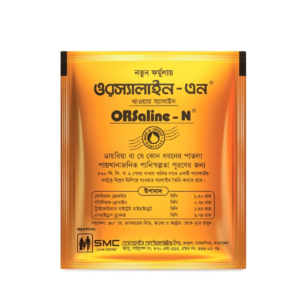
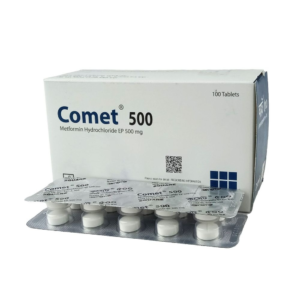
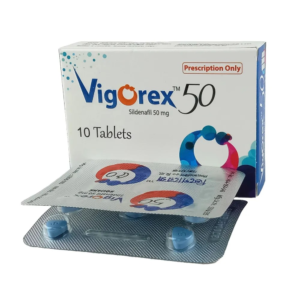

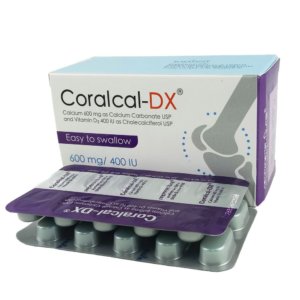
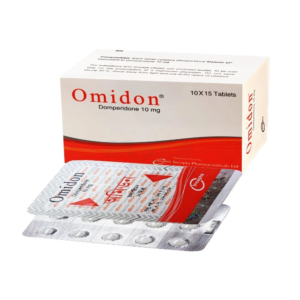
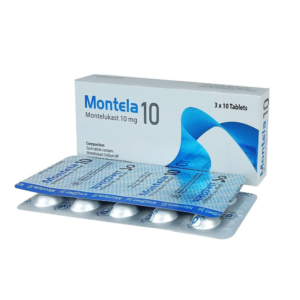


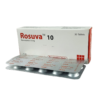
Reviews
There are no reviews yet.